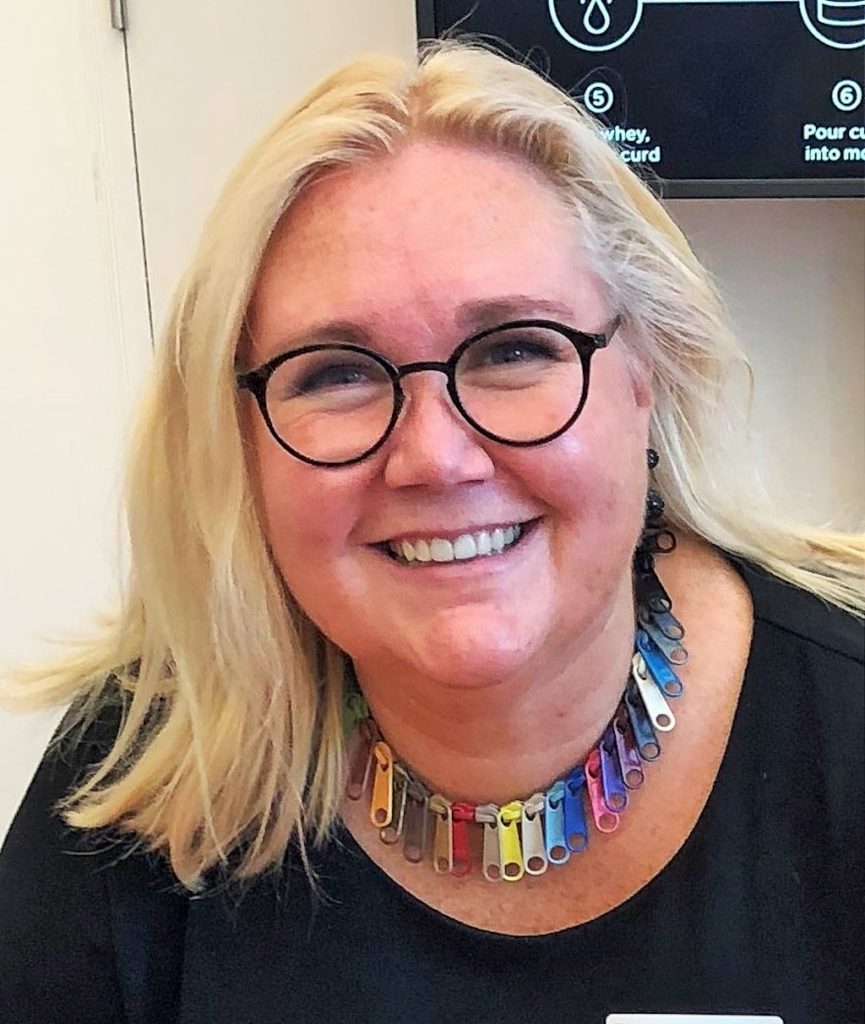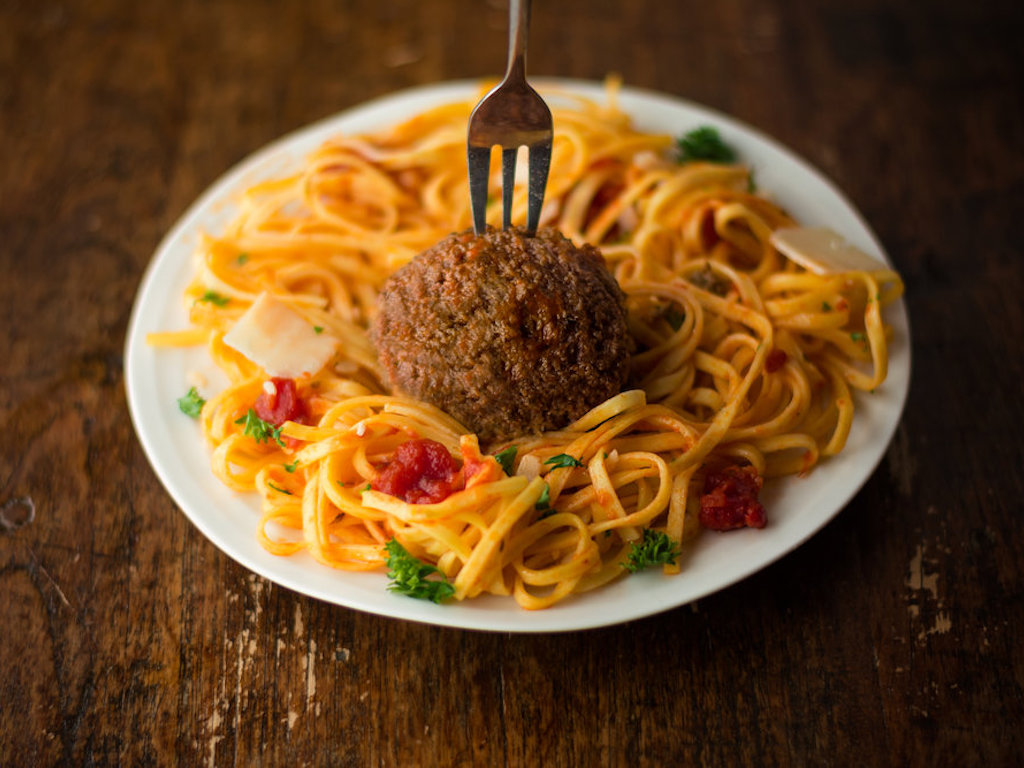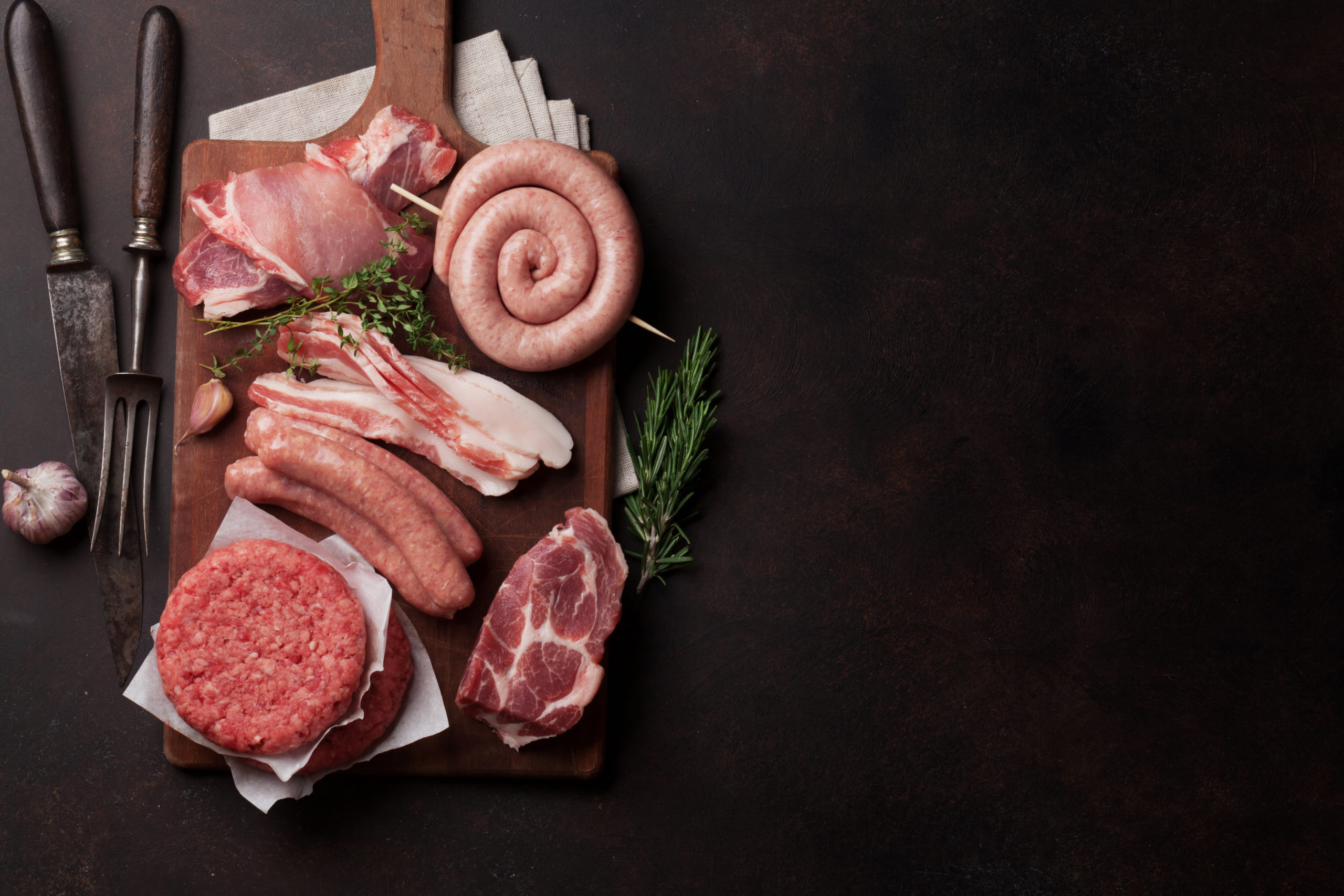4 Mins Read
The Netherlands has announced that it has awarded €60 million to support the creation of a domestic cellular agriculture ecosystem as part of the country’s National Growth Fund, which is deploying € 20 billion over the next five years towards innovative, high-potential industries with strong growth credentials. The amount represents the largest ever single investment into cellular agriculture by a government globally.
The funding proposal was made by Cellular Agriculture Netherlands, a consortium of universities, startups, NGOs, and value chain partners which includes CE Delft, DSM, KindEarth.Tech, Meatable, Mosa Meat, Nutreco, Planet B.io, RESPECTfarms, SDG NL, Those Vegan Cowboys, TU Delft, Unilever and WUR. The organization has partnered with and received support from regional development boards, educational institutions, supermarkets and food producers, all of whom believe in a viable, sustainable Dutch cellular agriculture sector.
Speaking about the news, the National Growth Fund Committee underlined cellular agriculture’s potential: “although the products are not yet on the shelves, the science is promising and the first companies are already active. The committee is pleased with the potential and the parties involved”.
Steps in the right direction
The €60 million pledge is the first step towards future aspirations of €252-382 million eventually being made accessible to the Dutch industry. This initial phase will specifically support education and research capabilities. Alongside, access to publicly available scale-up facilities will be leveraged and foundations for societal integration will be laid. The latter will invite farmers and consumers to understand the positive impact that cellular agriculture offers and will inform each of the role they can play in its future adoption and success.
The overall growth plan for the Dutch sector is designed to see incremental growth up to 2050 and beyond. It is hoped that GDP growth will reach between €10-14 million per year. In addition, climate change reversal, population health and environmental benefits are anticipated. At least 12 megatonnes of CO2 emissions per year are predicted to be negated by 2050, as well as 100-130 kilotonnes of ammonia. Both will contribute significantly to national net-zero ambitions.

Faith in industry leaders
“We are very excited for the visionary leadership the Dutch government is demonstrating today again,” Ira van Eelen, from the Dutch Cellular Agriculture Foundation, said in a statement. “The Netherlands is the ideal place for cellular agriculture to flourish. It has a rich history in laying the global foundations of cellular agriculture. It is a global powerhouse in alternative protein and food innovation. It has a global frontrunner position in biotechnology and agriculture. It is the second biggest exporter of traditional agricultural products in the world. And let’s not forget, it was the first country to publicly fund cultivated meat research and present the first proof of concept hamburger to the world. This is a great way to grow sustainably whilst our growth is currently under pressure.”
The public investment of €60 million is being hailed as a show of faith in the sector and a sign of willingness to evolve the current farming model. With this backing, the Netherlands could provide a template for other nations to follow, by offering public support and developing a self-sustaining industry ecosystem. As funding allows companies to progress, more startups will launch. This will catch the eye of investors and lead to a sustainable cycle of innovation, investment and commercial success.
It should be noted that public investment will not alter the process of seeking regulatory approval for product sales within the E.U. The European Novel Foods procedure continues to be in effect.
Daan Luining, co-founder and CTO at Meatable underlined the importance of funding earmarked towards education. “Cultured meat is a fast-growing industry and it’s important to invest and support education and research across all areas from universities to research labs as well as informing the wider population about this dynamic industry. This is an exciting next step in the development of the cellular agriculture ecosystem, supporting this innovative new industry like so many other emerging industries before it, and one that will be beneficial to us all.”

The Netherlands’ rightful claim to the cultivated crown
The Netherlands holds a special place in the history of cellular agriculture. Dutch company Mosa Meat was the first outfit to debut a cultivated beef burger back in 2013. Van Eelen, too, is a key figure in the world of cultivated meat. She is the daughter of Willem Van Eelen, the Dutch scientist who pioneered cell-based meat technology, which was later acquired by American plant-based egg company Eat Just via patent. Van Eelen told Green Queen: “I am super proud to be Dutch today. My father got the first grant in 2000 and now I can be part of this movement again!”
Lead photo courtesy of Cellular Agriculture Netherlands.





